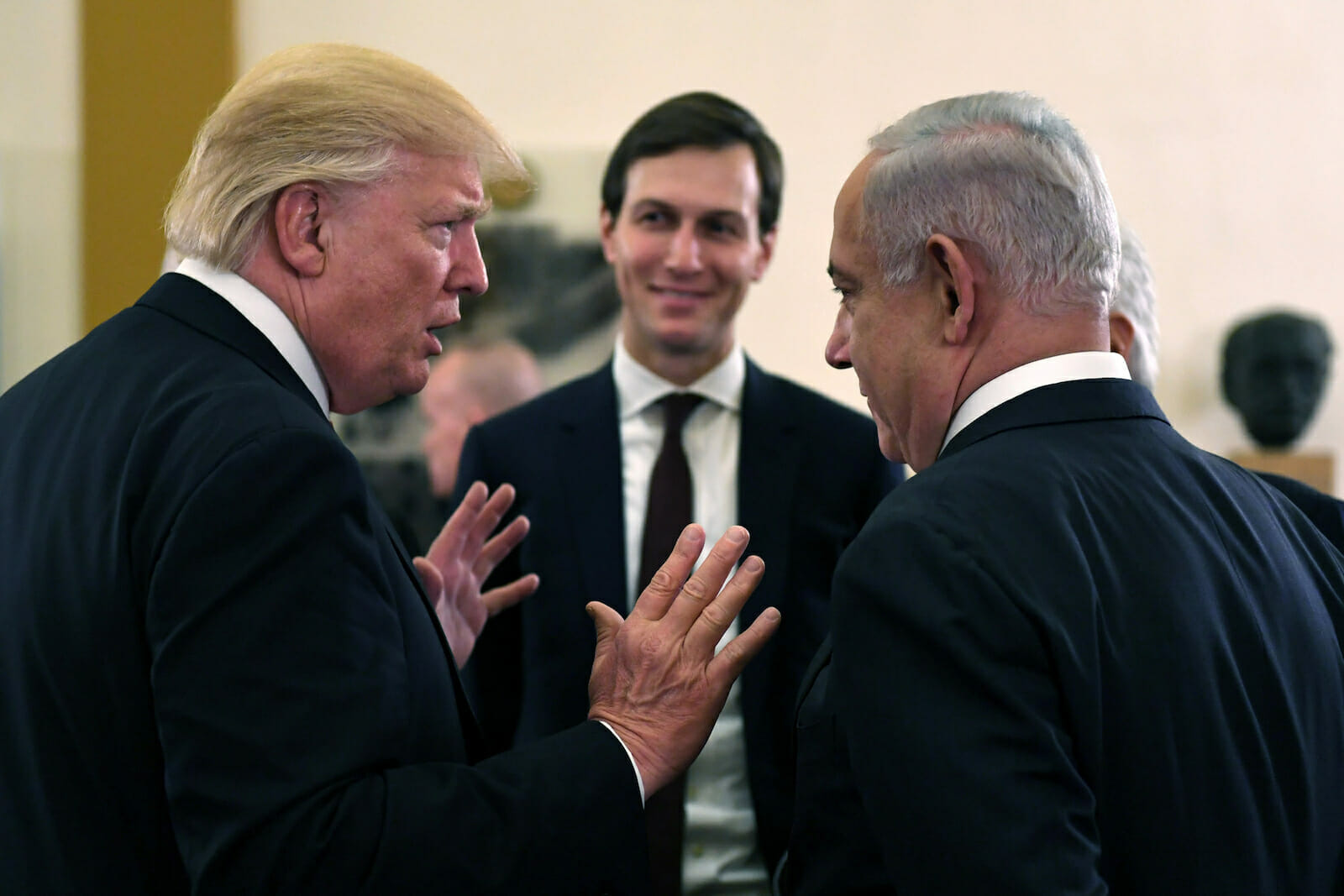
The Two-State Solution is Dead. Is There an Alternative?
I am writing this while listening to John Williams’ Schindler’s List for the hundredth time, reminding myself of the immense tragedy of the Shoah and of the small but glorious Schindler redemption and then I think of the creation of Israel as the ultimate redress for millennia of persecution. I cringe when I still hear debates whether that creation is a gift or a right, but I am prepared to salute the often-maligned Balfour Declaration. Yet, I am deeply saddened by how history has unfolded for Palestinians since the momentous event of Israel’s declaration of statehood on May 14th, 1948, whose founding text promised to “ensure equality of social and political rights to all inhabitants.” There is no point in rewriting history or even trying to interpret the seven last decades as there is not a single scale sufficiently sophisticated to disentangle the rights and the wrongs.
But one thing is clear – and made clearer by Benjamin Netanyahu, the prime minister of Israel, announcement prior to the elections to the effect that he would absorb most of the West Bank’s settlements into the state of Israel, likely emboldened by President Trump’s formal recognition of the occupied Golan Heights as part of Israel’s territory, is that any earlier concept of the two-state solution has become null and void, including the now-defunct option of exchanges of territories between the designated Palestinian areas for a future state, and Israel’s boundaries. The latter was last discussed seriously by Olmert and Abbas in 2008 (former Spanish Foreign Minister Moratinos had discussed that option in Taba in 2001). Of course, every foreign ministry’s website will continue to pay lip service to the concept and all the UN assorted resolutions to that effect for fear of having to think beyond.
First, former Israeli Prime Minister Ben Gurion stated early on that it was not possible to accommodate both Jews and Palestinians in a single territory at a time when geographically there was still a way to construct two entities within the British Mandate Palestine. But the right of self-determination at the heart of the creation of the UN institutions, which led to the powerful decolonization movement, was never granted to Palestinians in their own original territory as they were progressively colonized. Neither do they have a state nor have they been able to decide when and how to create a state and eschew the status of colony under military rule. And a great number of them are in exile beyond their original lands.
A number of scholars and even politicians from Israel and Europe have construed the situation/plight of Palestinians as a case of Apartheid. In fact, analogies are made with South Africa despite the differences in territorial size, history and ratio between Africans and white settlers in the area for a longer period than the first Aliyah in Israel – as Mandela said to his followers who wanted to expel whites from South Africa: “no, they belong here.” A new approach to the Palestinian cause would require a mutual recognition that both Israelis and Palestinians belong “there,” but it is the “there” that needs a changed definition and more importantly, a changed mindset, very different from the arrogant Jared Kushner’s “Palestinians are on probation.”
Apart from Hamas and part of the Iranian leadership, the right of Israel to exist has been officially recognized and enshrined by the international community, but “against “ the Palestinians – again, this is not to rewrite history or if it is, then the fault is equally shared by the Arab countries. Today, a more or less equal number of Israelis and Palestinians live within the original “mandate Palestine” but 83 percent is under Israel’s total jurisdiction, with total control on water and sea access, vs. 17% remaining for a “potential” Palestinian state. That situation is compounded by the continued expansion of settlements and more restrictions on Palestinians’ movements. Any rump Palestinian state created would not meet any of the conditions for state survival.
The security of all in the area – not just that of Israelis – is fundamental. The issue of Hamas must be resolved once and for all, preferably in a non-violent way by a collective effort of the international community as it is evident that the Palestinian Authority under the present leadership is incapable of engineering a long-term solution for Gaza.
So the not so revolutionary idea – in the sense that many Palestinians and Israelis, although still a minority on both sides, addressed it – is to establish a single state in the whole area of the famous Palestine mandate, where Palestinians would no longer be “occupied” and “colonized” and where Israelis and Palestinians would be treated as fully legitimate co-owners of the land. This requires a recognition by Israel that Palestinians are a “legitimate people” – remembering that Palestinian citizenship was recognized by the 1924 Treaty of Lausanne.
That option raises huge issues. First and foremost: will both parties accept it including the people of Gaza, assuming their leaders are prepared to give them a voice? Clearly, with the present leaders in place it is unlikely unless some groundswell emanates from the combined forces of frustrations on both sides, support and ownership from the international community, notably the countries of the Arab world – not necessarily easy, and from the Jewish community worldwide and that of the U.S. government – unlikely in the present circumstances.
On the Israeli side, demography and security are serious issues. For Palestinians, emotions could trump logic. Then there is the question of “Name.” What would the new entity be called? The state of Israel and Palestine? Of course, the “Jewish state” argument, overplayed by the present Israeli leadership, to the detriment of the Palestinians, would need to accommodate, on the basis of equality, non-Jews through a formal constitution. There is the issue of settlements which, in a united country, would need not to be destroyed but desegregated over time. There is the issue of water with equal access to all; the issue of economic development and education, in both “official languages” but more importantly ensuring that Palestinians will benefit from the formidable economic surge that Israel, as the accepted economic powerhouse of the Middle-East, in peace with its neighbours, will bring to the region. Finally, the status of Jerusalem would be resolved through some form of equal representation by both communities. Maybe the Kushner plan could prove more enticing in a “one state”!
We live in a world so thorn and plagued by divisions that a bit of utopia can do no harm.
